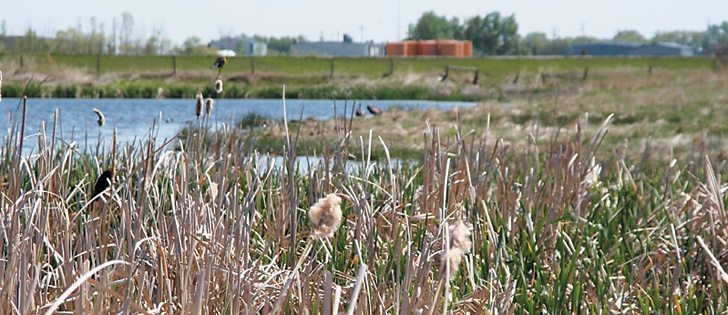THEY unite us still. Canada’s railways have a powerful place in our historical myths as the bands of steel that, despite almost impossible odds, united the country.
The feat has been celebrated in powerful songs and dramatic narratives.
In the intervening 125 years, of course, the railways have become far less central to Canada, running fewer lines, carrying fewer people and seeming less relevant. For many Canadians, the Liberal 1990s decision to privatize CN ended any emotional or ownership connection left with the railway.
Read Also

Rural communities can be a fishbowl for politicians, reporter
Western Producer reporter draws comparisons between urban and rural journalism and governance
Yet even now, CN seems to have the power to unite Canadians.
Last week in a Parliament Hill committee room and despite almost impossible odds, MPs from usually feuding political parties found themselves singing from the same hymnal, denouncing CN for its many sins of omission, commission and everything between.
It was a remarkable political gang-up.
Conservatives found themselves endorsing Canadian Wheat Board complaints about CN closing producer car loading sites. Liberals found themselves agreeing with Conservatives they normally accuse of being bereft of knowledge, intelligence or good intentions.
Northern Alberta Conservative Brian Storseth noted that in his few years on the Hill, he had never seen all parties so firmly on the same page. Perhaps he has forgotten the day the same group of MPs united earlier this year to savage potash industry leaders.
Still, Storseth has a point. The Oct. 20 pounding of CN executives Jean-Jacques Ruest and Sean Finn was a remarkable moment of MPs turning their guns all in one direction, at two witnesses.
Normally, witnesses can find a sympathetic question or tone from at least one of the four parties at the table. Not on this day.
They were accused, among other things, of callous disregard for farmer-customer needs, of fudging costs, of putting profits before service and of operating in a system where the railways hold the cards and make the profits while producers have little power and pay the costs.
To all these accusations, the CN executives had consistent replies: the railway is interested in continuing to serve the producer car market but farmers have to show they support keeping a particular site through their business. Otherwise, they should expect to lose it.
The fact that MPs were so contemptuous of those defences suggests that rural prairie MPs hear an earful from their farmer and rural municipal constituents on the rail issue, none of it good.
Oh, and one small correction to the original premise of this column that the railways still have the power to unite.
It is true but not completely.
Last week, even as Conservative MPs found themselves on the same side as the wheat board against a common enemy, rookie Alberta Conservative Blake Richards couldn’t resist taking a few shots.
He noted that CWB chair Larry Hill said access to producer cars is important because farmers need options, competition and transparency when dealing with the railways.
“I find these comments hypocritical,” he said, noting these are things many farmers want from the CWB. “What’s good for the goose is good for the gander.”
Hill was not given a chance to respond.
Unity has its occasional cracks.














